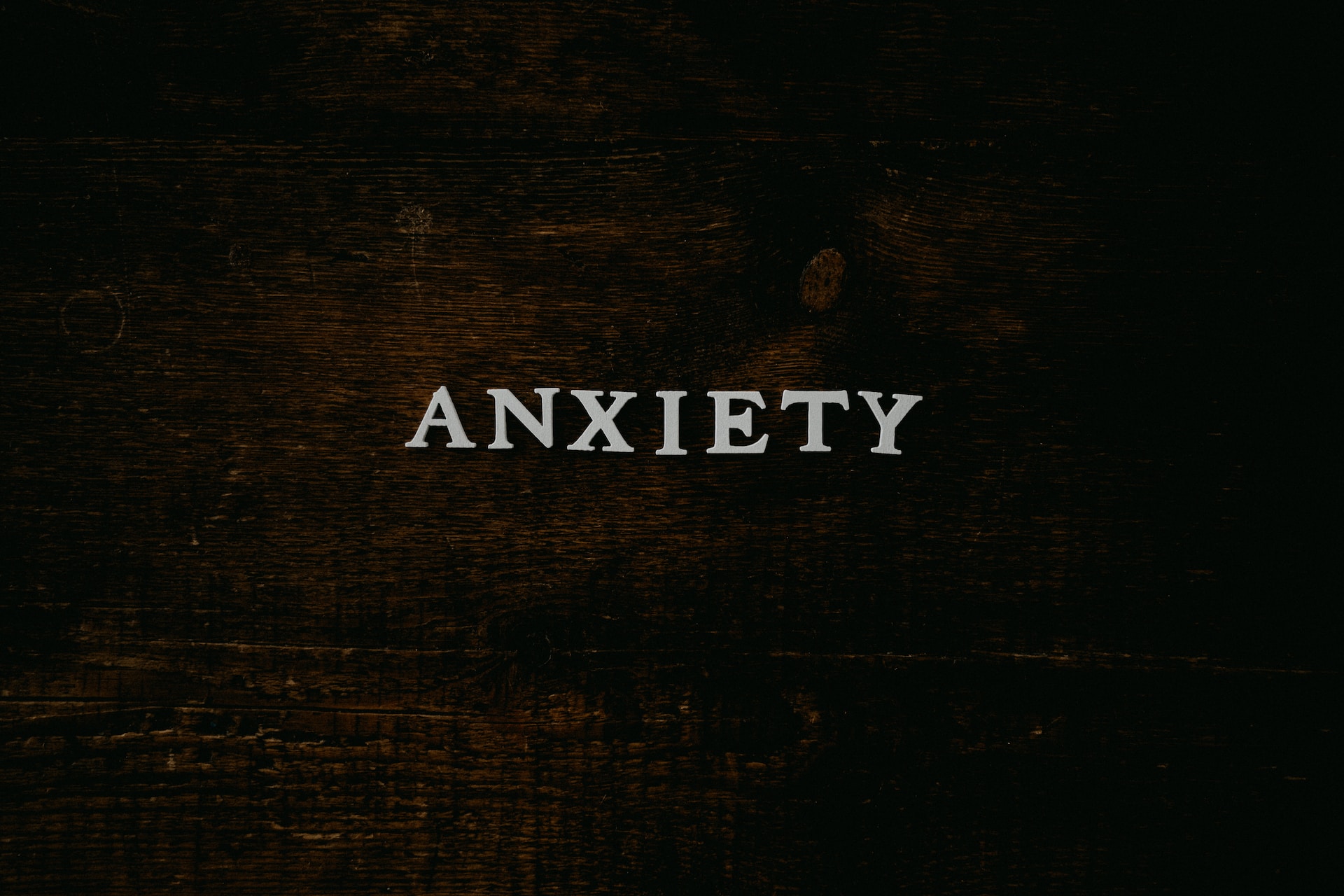Individuals diagnosed with social anxiety disorder experience an overwhelming and uncontrollable fear in social situations, leading them to believe this fear is beyond their control. This intense anxiety can interfere with their ability to attend work, school, or daily activities. While some individuals may still manage to carry out these tasks, they often experience significant fear or anxiety. The anticipation of upcoming social interactions can lead to weeks of worry. As a result, they may avoid places or events that trigger distress or feelings of embarrassment. Notably, some individuals with social anxiety disorder do not experience anxiety specifically related to social interactions; instead, their anxiety manifests during performances. Situations such as giving a speech, participating in a sports game, or performing on stage with a musical instrument can trigger symptoms of anxiety in these individuals.
It is essential to distinguish between awkwardness, social anxiety, and introversion, as these concepts share similarities but also have distinct characteristics. Individuals who identify as socially awkward tend to avoid social situations due to feelings of anxiety or discomfort. On the other hand, introverts may experience anxiety in social circumstances but retreat to replenish their social reserves. However, it is worth noting that a high degree of each trait can escalate into something more problematic since social awkwardness, introversion, and social anxiety often exist on a continuum. Excessive worry about negative judgment leading to withdrawal from social situations and other aspects of life can indicate social anxiety.
Although occasional awkwardness and uneasiness are familiar to everyone, they can also indicate a more severe problem for individuals with social anxiety. They often struggle with social interactions and are acutely aware of and sensitive to the social norms governing them. Despite this awareness, they still experience unease about making mistakes or being judged negatively by others. Consequently, individuals with social anxiety disorder often experience great shame. It is important to distinguish social anxiety from simple shyness, as shyness typically does not prevent individuals from fully participating in life due to their discomfort in social situations.
Unfortunately, the traits of introversion and social awkwardness are often stigmatized. However, some academics and specialists argue that shyness and introversion, when examined closely, can be seen as advantageous rather than flaws. In fact, research suggests that reticent personalities possess certain advantages, particularly in the workplace. For example, introverts often outperform their extroverted counterparts in intuition, listening skills, and decision-making. Psychologist Ty Tashiro, in his book "Awkward: The Science of Why We're Socially Awkward and Why That's Awesome," suggests that awkwardness can indicate superior intelligence. He further explains that individuals who experience discomfort in social situations tend to be more focused, routine-oriented, and inclined to follow the rules compared to the average person.
In conclusion, social anxiety disorder is characterized by an intense fear that individuals feel is beyond their control, often hindering their ability to engage in social situations. The disorder can also manifest during performances, causing anxiety in specific contexts. Social anxiety disorder typically begins in late childhood and can persist long if left untreated. Differentiating between awkwardness, social anxiety, and introversion is crucial, as they have similarities and distinct features. While individuals with social anxiety disorder may struggle with social interactions and experience shame, it is essential to distinguish it from simple shyness. Furthermore, traits such as introversion and social awkwardness, sometimes stigmatized, can possess certain advantages in various aspects of life.


Login to join the discussion